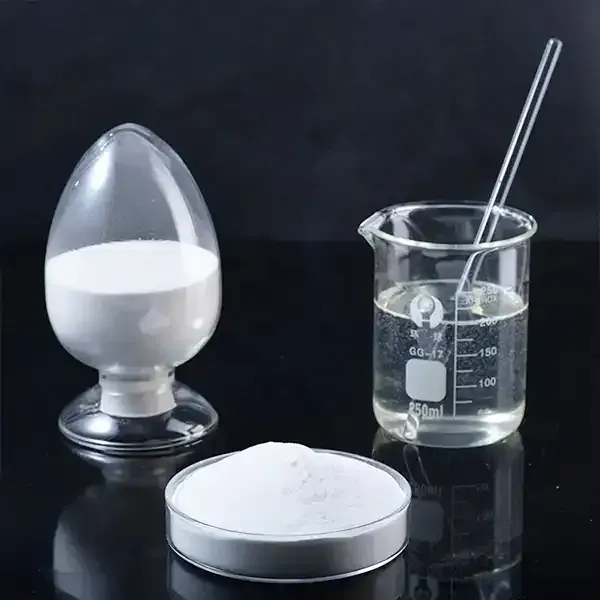The Role of Chemical Additives in Modern Industries
Chemical additives are substances that are added to products to enhance their properties or functionality. In various industries, these additives play crucial roles in improving performance, stability, and safety of products. From food and beverages to manufacturing and pharmaceuticals, chemical additives are integral to modern production processes.
In the food and beverage industry, chemical additives serve multiple purposes. Preservatives such as sodium benzoate and potassium sorbate inhibit the growth of harmful bacteria and mold, extending the shelf life of products. Flavor enhancers like monosodium glutamate (MSG) provide an umami taste, making food more appealing. Colorants, including natural and synthetic dyes, are used to enhance or restore the visual appeal of food items. While the inclusion of these additives can improve the quality and longevity of products, they have also raised concerns among consumers about safety and health implications. Regulatory agencies like the FDA in the United States and EFSA in Europe impose strict guidelines to ensure that additives used in food are safe, effective, and properly labeled.
In the realm of construction and manufacturing, chemical additives are equally indispensable. For instance, in concrete production, additives such as superplasticizers improve workability and strength without increasing water content. Retarders can delay the setting time, allowing for greater flexibility in construction schedules. Similarly, in the paint and coatings industry, additives like anti-fungal agents, surfactants, and stabilizers enhance product performance by improving adhesion, durability, and resistance to environmental factors.
chemical additive

In the pharmaceutical industry, chemical additives are critical for the formulation of medications. They can aid in the stability of active ingredients, enhance absorption in the body, or improve the overall aesthetic and palatability of medicines, particularly for pediatric formulations. Fillers, binders, and preservatives are common additives that contribute to the effectiveness and safety of pharmaceutical products. The rigorous testing and quality control in this field ensure that these additives do not compromise patient safety.
Despite their numerous benefits, the use of chemical additives has sparked debates over health and environmental concerns. Some additives have been linked to adverse health effects, prompting calls for stricter regulations and transparency in labeling. As a result, industries are increasingly moving towards natural alternatives. For example, in recent years, there has been a growing trend in the food industry to replace artificial colors and flavors with natural alternatives derived from fruits, vegetables, and other plant sources. This shift reflects consumer demand for cleaner labels and greater awareness of health implications.
Moreover, the environmental impact of chemical additives has become a focal point in sustainability discussions. The production and disposal of products containing harmful additives can contribute to pollution and ecosystem degradation. Therefore, industries are exploring innovative solutions, such as biodegradable additives and eco-friendly formulations, to reduce their environmental footprint.
In conclusion, chemical additives play a pivotal role in enhancing the functionality and safety of a wide range of products across various industries. While they offer numerous advantages, it is essential to continue evaluating their safety and environmental impacts. As consumers become more health-conscious and environmentally aware, the demand for safer, more sustainable alternatives will likely drive innovation in the development and use of chemical additives. Balancing the benefits of additives with safety and environmental considerations will be crucial for the future of industries that rely on these substances.
-
A Comprehensive Guide to Methyl Ethyl Hydroxyethyl Cellulose: Applications and Industry InsightsNewsNov.24,2025
-
Understanding Methyl 2 Hydroxyethyl Cellulose: Uses, Benefits & Industry InsightsNewsNov.24,2025
-
Hydroxyethyl Methyl Cellulose HEMC: Industrial Uses, Benefits & Future TrendsNewsNov.23,2025
-
HEMC Cellulose: Versatile & Sustainable Industrial Polymer | YoungcelNewsNov.23,2025
-
Methyl Hydroxyethyl Cellulose: Versatile Building Block for Industry & SustainabilityNewsNov.23,2025
-
CAS 9032 42 2: Understanding Polyvinyl Alcohol's Impact on Industry & SustainabilityNewsNov.22,2025




